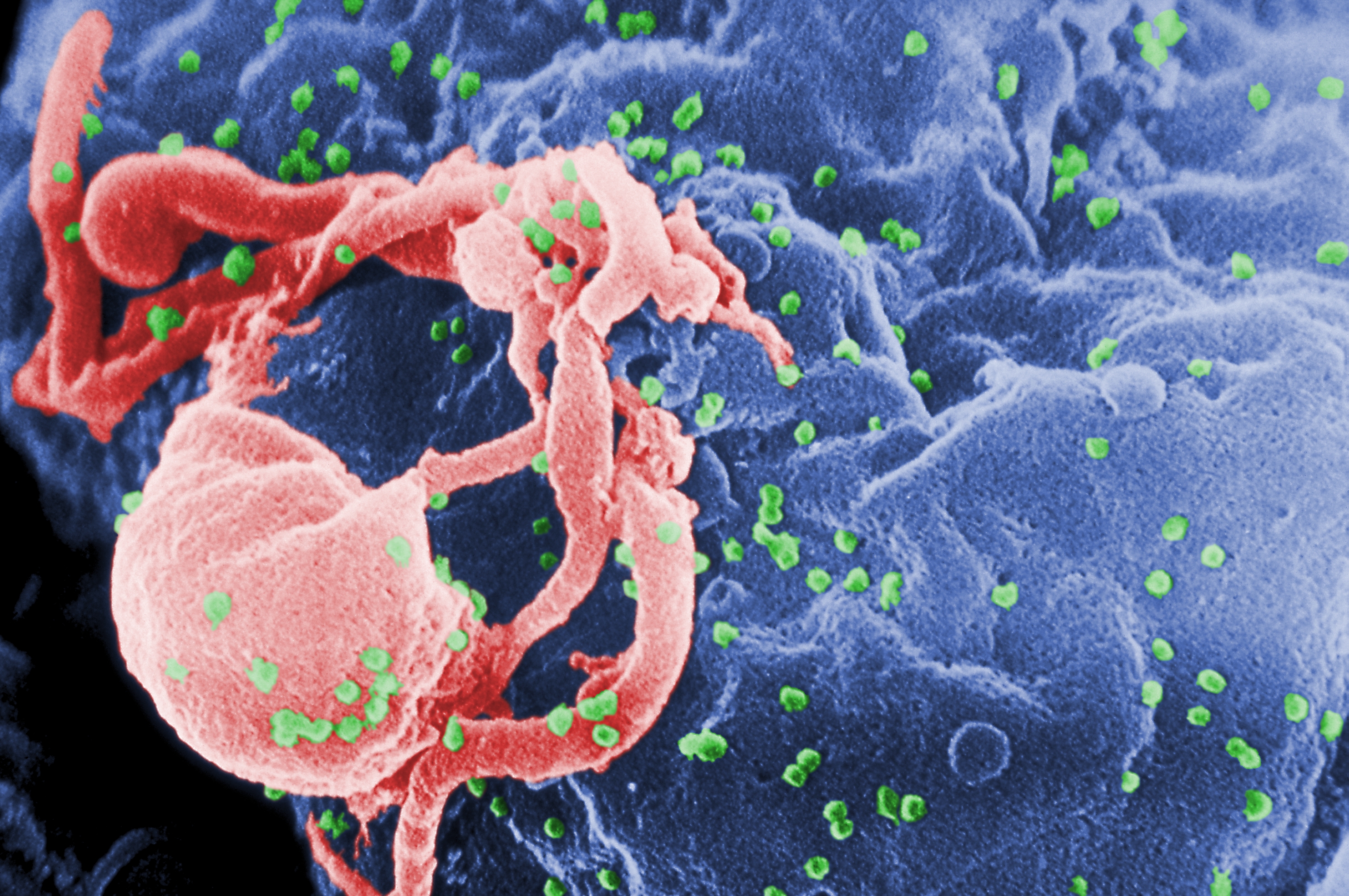HIV is a medical issue that has been confounding scientists for years, eluding effective forms of countermeasures throughout the decades. With the advent of the gene-editing tool CRISPR, however, researchers may have finally gotten the tool they needed to put an end to the deadly pathogen. In a recent case, for example, scientists were able to raise the resistance of animals to HIV with the help of CRISPR.
One of the biggest reasons for why HIV is so hard to cure is its ability to hide, Futurism notes, which makes it difficult to create drugs that would target the viruses. Scientists have been trying for decades without much success. That’s why some Chinese researchers decided to take another approach to combating HIV. Instead of developing a drug, they simply opted to improve resistance to the virus.
Led by Hu Chen, the researchers conducted a study that looked into inducing mutations in mice via CRISPR. The goal is to make the rodents more resistant to HIV by manipulating the CCR5 gene.
The idea came from previous data collected that indicated how mutations in the gene could provide subjects with the ability to prevent getting infected by HIV. Unfortunately, only a select number of people had this mutation. By trying to see if the mutation can be controlled to apply to only that specific aspect of the gene, success could lead to complete immunity from the virus.
Based on the paper that the researchers published, the results of their work seems promising. This is largely due to the advent of CRISPR. As the researchers said in an interview with The Scientist, the gene-editing tool simply makes it too easy to manipulate cells.
It’s worth pointing out that this study only applies to increased resistance to HIV in animals and more tests are necessary to see the effects on humans. Even so, it’s an encouraging peek into the possibilities where CRISPR is concerned.



 Cogent Biosciences Soars 120% on Breakthrough Phase 3 Results for Bezuclastinib in GIST Treatment
Cogent Biosciences Soars 120% on Breakthrough Phase 3 Results for Bezuclastinib in GIST Treatment  FDA Adds Fatal Risk Warning to J&J and Legend Biotech’s Carvykti Cancer Therapy
FDA Adds Fatal Risk Warning to J&J and Legend Biotech’s Carvykti Cancer Therapy  NASA Faces Major Workforce Reduction as 20% of Employees Prepare to Leave
NASA Faces Major Workforce Reduction as 20% of Employees Prepare to Leave  Trump and Merck KGaA Partner to Slash IVF Drug Costs and Expand Fertility Coverage
Trump and Merck KGaA Partner to Slash IVF Drug Costs and Expand Fertility Coverage  Neuralink Expands Brain Implant Trials with 12 Global Patients
Neuralink Expands Brain Implant Trials with 12 Global Patients  Is space worth the cost? Accounting experts say its value can’t be found in spreadsheets
Is space worth the cost? Accounting experts say its value can’t be found in spreadsheets  Trump Administration to Launch Autism Initiatives Targeting Acetaminophen Use and New Treatment Options
Trump Administration to Launch Autism Initiatives Targeting Acetaminophen Use and New Treatment Options  Lost in space: MethaneSat failed just as NZ was to take over mission control – here’s what we need to know now
Lost in space: MethaneSat failed just as NZ was to take over mission control – here’s what we need to know now  Tabletop particle accelerator could transform medicine and materials science
Tabletop particle accelerator could transform medicine and materials science  Eli Lilly’s Inluriyo Gains FDA Approval for Advanced Breast Cancer Treatment
Eli Lilly’s Inluriyo Gains FDA Approval for Advanced Breast Cancer Treatment  Astronomers have discovered another puzzling interstellar object − this third one is big, bright and fast
Astronomers have discovered another puzzling interstellar object − this third one is big, bright and fast  NASA Astronauts Wilmore and Williams Recover After Boeing Starliner Delay
NASA Astronauts Wilmore and Williams Recover After Boeing Starliner Delay  SpaceX Starship Test Flight Reaches New Heights but Ends in Setback
SpaceX Starship Test Flight Reaches New Heights but Ends in Setback 































